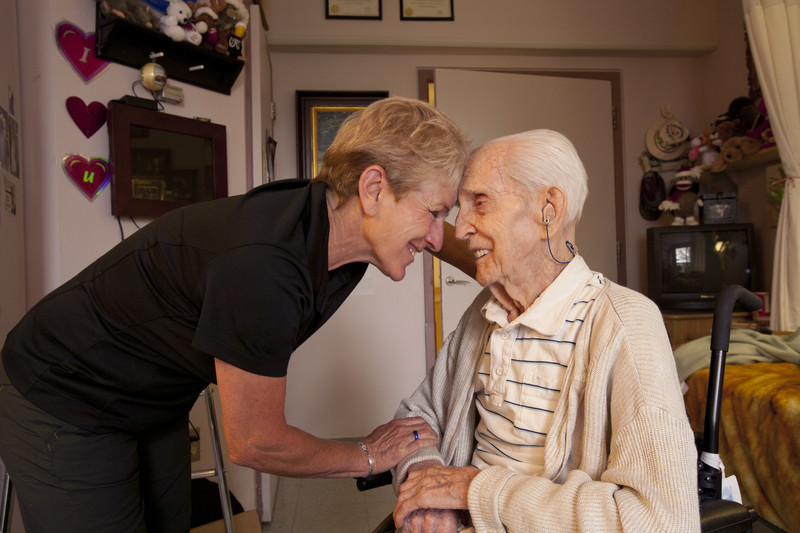Save Your Senior Loved Ones Vision with a Cataract Exam in Ottawa
Uncategorized | August 30, 2018
When is it time for a cataract exam? If an adult is more than 40 years old, struggling with blurred or double vision, their eyeglasses don’t improve the situation, and daily living is becoming affected, it’s time for a cataract exam! Cataracts can continually worsen and even lead to blindness. They’re common, with over 24 million people struggling with cataracts, but exams and proper medical care can prevent the downward progression towards blindness.
Cataracts are typical in aging adults, often causing a visible clouding of the eye lens. A cataract blocks light from entering the eye, thus affecting vision. Although they’re not painful, cataracts create big problems for adults who want to maintain their independent lifestyle. They cause vision problems at night, sometimes including a halo effect around lights, and sometimes colors appear dulled and hard to identify.
These issues aren’t corrected with eyeglass prescriptions, unfortunately. Often, cataracts are visible to others when eyes begin to look cloudy or discolored and it might be mentioned by a caring friend or family member.
We don’t fully understand what triggers cataracts, besides the natural effects of aging. However, we know of some factors that contribute to additional risk, including the following:
-
Diabetes
-
Exposure to UV rays
-
Using steroids for extended periods of time
-
Smoking
-
Eye injury, specific diseases, or inflammation
-
Hereditary factors
-
Events that occur prior to birth, such as an illness the mother has when pregnant
What can you do to prevent cataracts? Wear UV-protection sunglasses on sunny days. Also, quit smoking, consume leafy green vegetables, and get ample exercise. Get regular exams so a doctor can identify cataracts early and the appropriate measures can be taken to protect vision.
Cataract surgery is so common in the U.S. that over 2 million surgeries are performed annually. The 95%+ success rate is encouraging, and recovery is typically only a few days, although it can take up to a month for complete healing. Of course, the family may be concerned about their aging loved one during the recovery period. Consider whether they might benefit from a professional caregiver to assist them with daily activities for a while. When the patient has helped with housekeeping chores, food preparation or errands, they’ll feel competent and secure. Caregivers can provide transportation for the senior, also, to follow-up medical appointments or social events.
Contact us at Comfort Keepers of Ottawa to inquire about our in-home care that could be helpful to your loved one after cataract surgery.
Individualized Home Care Options
Long-Term Home Care, 24 Hour Home Care & Short Term Care Options Customized for You







